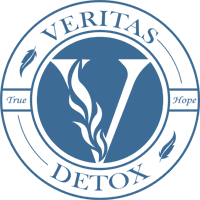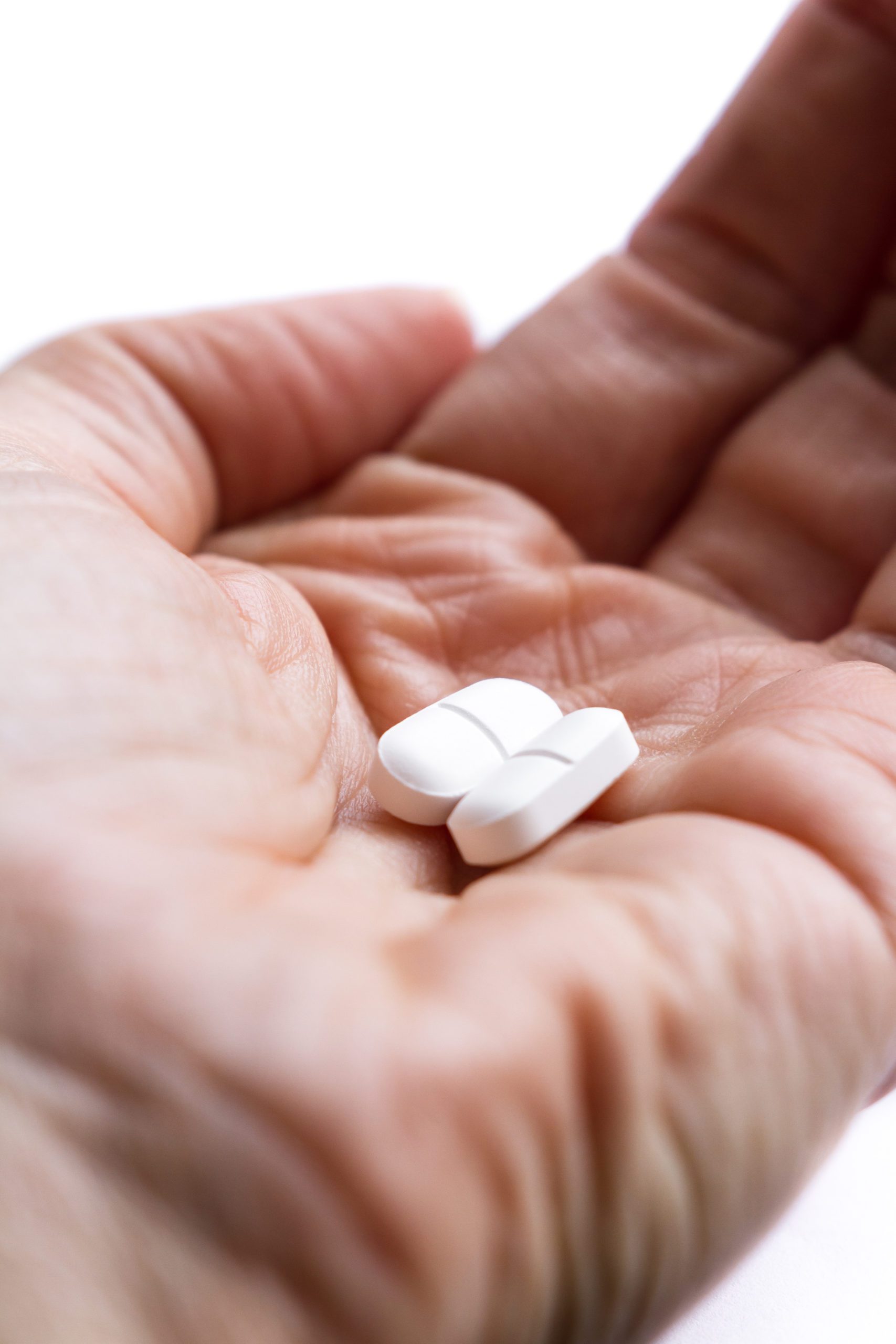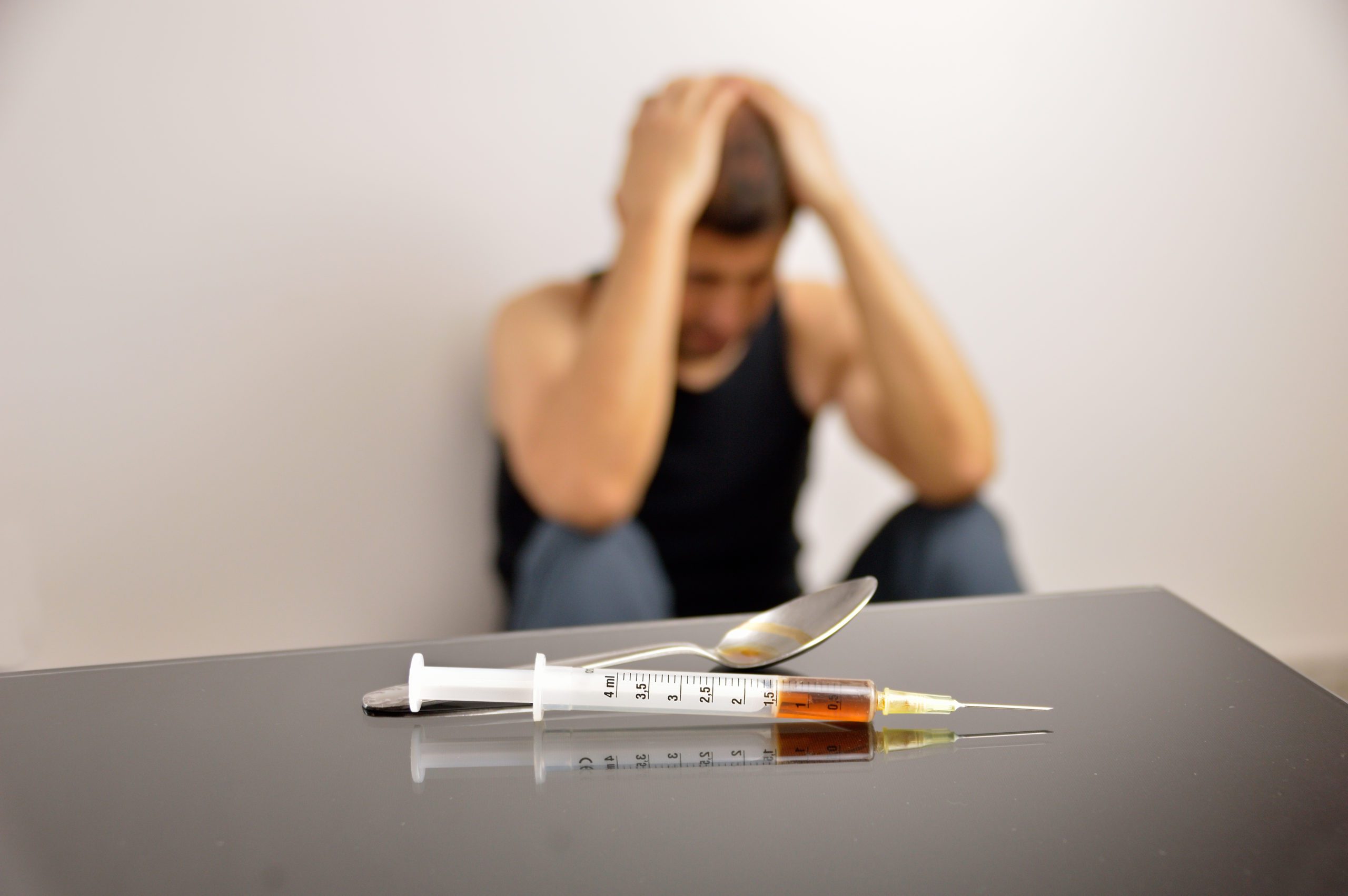The relationship between genetics and addiction is not fully understood. If you suffer from addiction, you might be asking, “Is drug addiction genetic?” for your child. If you have a parent who’s addicted, you might be asking the same question for yourself.
Unfortunately, this is a bit of a loaded question. Studies have found that at least 50% of a person’s susceptibility to addiction is linked to genetic factors. However, environmental factors are also a factor and account for at least the other 50% of a person’s susceptibility.
In other words, there is no one, easy answer to the question, “Is drug addiction genetic?” though genetics play a part, your genetic makeup doesn’t doom you or your children to a life of addiction. For a full answer to this question, keep reading.
Is Alcoholism and Drug Addiction Genetically Inherited?
Yes, to some degree. Alcohol and drug addiction have links to genetic predisposition. The American Psychological Association even goes as far as to say that at least 50% of an individual’s susceptibility to drug and alcohol addiction is linked to their genes. Likewise, the NIH notes that a person’s genes represent about 40% to 60% of that person’s risk of addiction.
That being said, there is no one gene that is definitively linked to alcoholism and drug addiction. Furthermore, just because a parent is an addict does not mean the child will come out an addict as well. Conversely, individuals can become addicts, even if they are not genetically predisposed to addiction.
In fact, some medical experts believe that the vast majority of children belonging to parents with addiction problems never develop substance use disorders in their life. This proves that addiction is not directly caused by genetics.
Is Drug Addiction Genetic or Environmental?
Both. A person’s susceptibility to addiction is often determined by both genetic predisposition and environmental factors. That begs the question, what are some environmental factors that lead to addiction?
- Early Influences. A person’s early interactions as a child often contribute to a person’s susceptibility to addiction. For example, children who are exposed to harmful situations, family drug misuse, or other behavioral problems often lead to experimentation later on in life.
- Social Circles. Who you hang out with can encourage you to either use substances or avoid substances. Peers and friends are especially strong influencers for teens looking to fit in.
- Trauma. Trauma is a leading environmental factor that leads to addiction. Unless properly treated, a person’s trauma is often self-medicated with substances and leads to other problems down the line.
How to Stop the Cycle
If a parent suffers from substance abuse, that addiction directly impacts the rest of the family. The children may be predisposed to addiction, and they may find themselves in traumatic environments that may cause them to use down the line. For these reasons, it’s important to stop the addiction cycle head-on through addiction treatment.
Any individual in the family who suffers from addiction should get treatment. Additionally, the rest of the family should get treatment to ensure there are healthy relationships and boundaries in place. Treating addiction as a family disease helps to stop the cycle from repeating itself.
Get Help with Veritas Detox
If you or someone in your family is suffering from addiction, it’s important to get help. Veritas Detox is a top-rated detox facility in Los Angeles. Our facility can help you overcome your addiction so you can be the family member you know you can be. We also offer family help to ensure your entire family has healthy and respectful dynamics.
Give Veritas Detox a call today to learn more about our addiction recovery program and family offerings.












